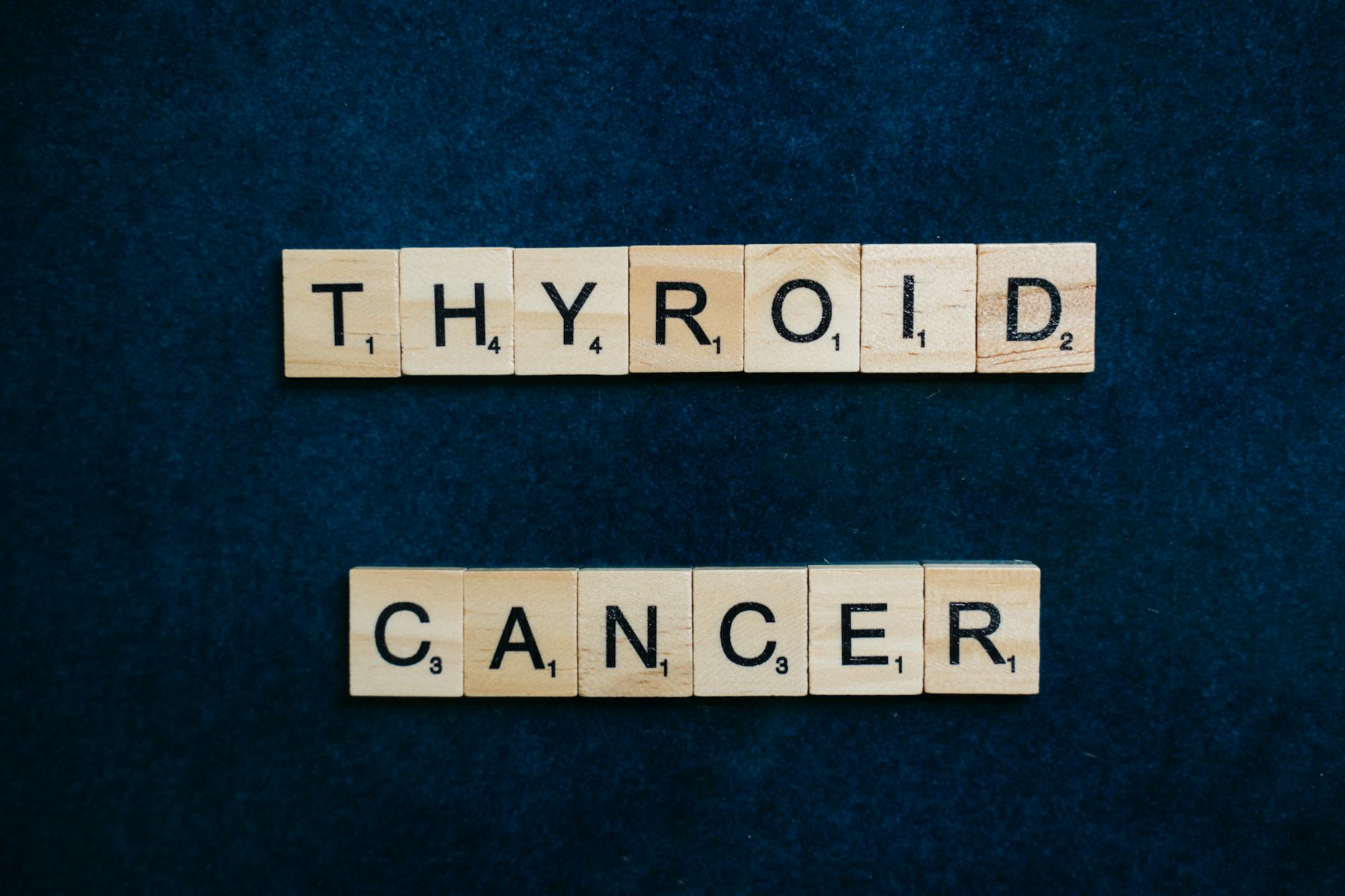Discover the truth behind Graves’ Disease and how to navigate life with this misunderstood and often overlooked condition. Read more!
Table of Contents
Having Graves’ Disease can feel like embarking on a rollercoaster ride through the unknown. The distinctive challenges one faces with this autoimmune thyroid condition can disrupt your daily life and pose significant health concerns. However, understanding the causes, symptoms, and treatment options for Graves’ Disease can empower you to navigate through these challenging times with confidence and resilience.
Causes and Risk Factors
Graves’ Disease is caused by an overactive thyroid gland, leading to excessive production of thyroid hormones. While the exact cause is unknown, genetics and environmental factors are believed to play a role in its development. Factors such as stress, smoking, and viral infections may trigger or exacerbate the condition.
Symptoms and Complications
The symptoms of Graves’ Disease can vary from person to person but commonly include weight loss, rapid heartbeat, increased appetite, anxiety, tremors, and bulging eyes. If left untreated, Graves’ Disease can lead to serious complications such as heart problems, eye disorders, and osteoporosis.
Diagnosis and Treatment
Diagnosing Graves’ Disease typically involves a combination of physical examination, blood tests to measure thyroid hormone levels, and imaging scans to assess the structure of the thyroid gland. Once diagnosed, treatment options may include medications to regulate hormone levels, radioactive iodine therapy to reduce thyroid activity, or in more severe cases, thyroid surgery.
Living with Graves’ Disease
While managing Graves’ Disease can be challenging, there are steps you can take to improve your quality of life. Regular monitoring of thyroid hormone levels, adopting a healthy diet rich in nutrients, managing stress levels, and staying physically active can all contribute to better symptom management and overall well-being.
| Topic | Information |
|---|---|
| About Graves’ Disease | Graves’ Disease is an autoimmune disorder that leads to overactivity of the thyroid gland. Symptoms may include weight loss, insomnia, anxiety, and more. |
| Diagnosis | Diagnosis of Graves’ Disease is typically done through blood tests to measure hormone levels and imaging tests such as ultrasound of the thyroid gland. |
| Treatment Options | Treatment options for Graves’ Disease may include medication to regulate thyroid function, radioactive iodine therapy, or surgery to remove part or all of the thyroid gland. |
| Managing Symptoms | People with Graves’ Disease can manage symptoms through medication, lifestyle changes, and regular monitoring of thyroid function. |
| Emotional Support | Living with Graves’ Disease can be challenging, so seeking emotional support from friends, family, or support groups can be helpful. |
Conclusion
Graves’ Disease may present unique challenges, but with the right knowledge and support, you can take control of your health and navigate life with confidence. By staying informed about your condition, working closely with healthcare professionals, and making positive lifestyle choices, you can effectively manage Graves’ Disease and lead a fulfilling life.
Frequently Asked Questions
What are the common symptoms of Graves’ Disease?
Common symptoms of Graves’ Disease include weight loss, rapid heartbeat, increased appetite, anxiety, tremors, and bulging eyes.
How is Graves’ Disease diagnosed?
Diagnosis of Graves’ Disease typically involves physical examination, blood tests to measure thyroid hormone levels, and imaging scans to assess the thyroid gland’s structure.
What are the treatment options for Graves’ Disease?
Treatment options for Graves’ Disease may include medication to regulate hormone levels, radioactive iodine therapy, or thyroid surgery in severe cases.
How can I manage Graves’ Disease symptoms?
Managing Graves’ Disease symptoms involves regular monitoring of thyroid hormone levels, adopting a healthy diet, managing stress, staying active, and seeking emotional support when needed.





